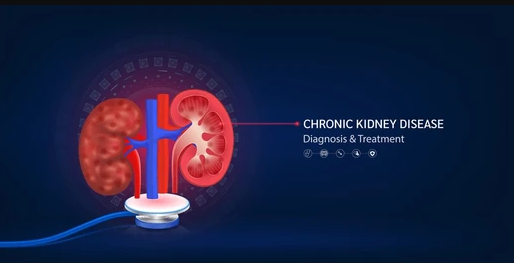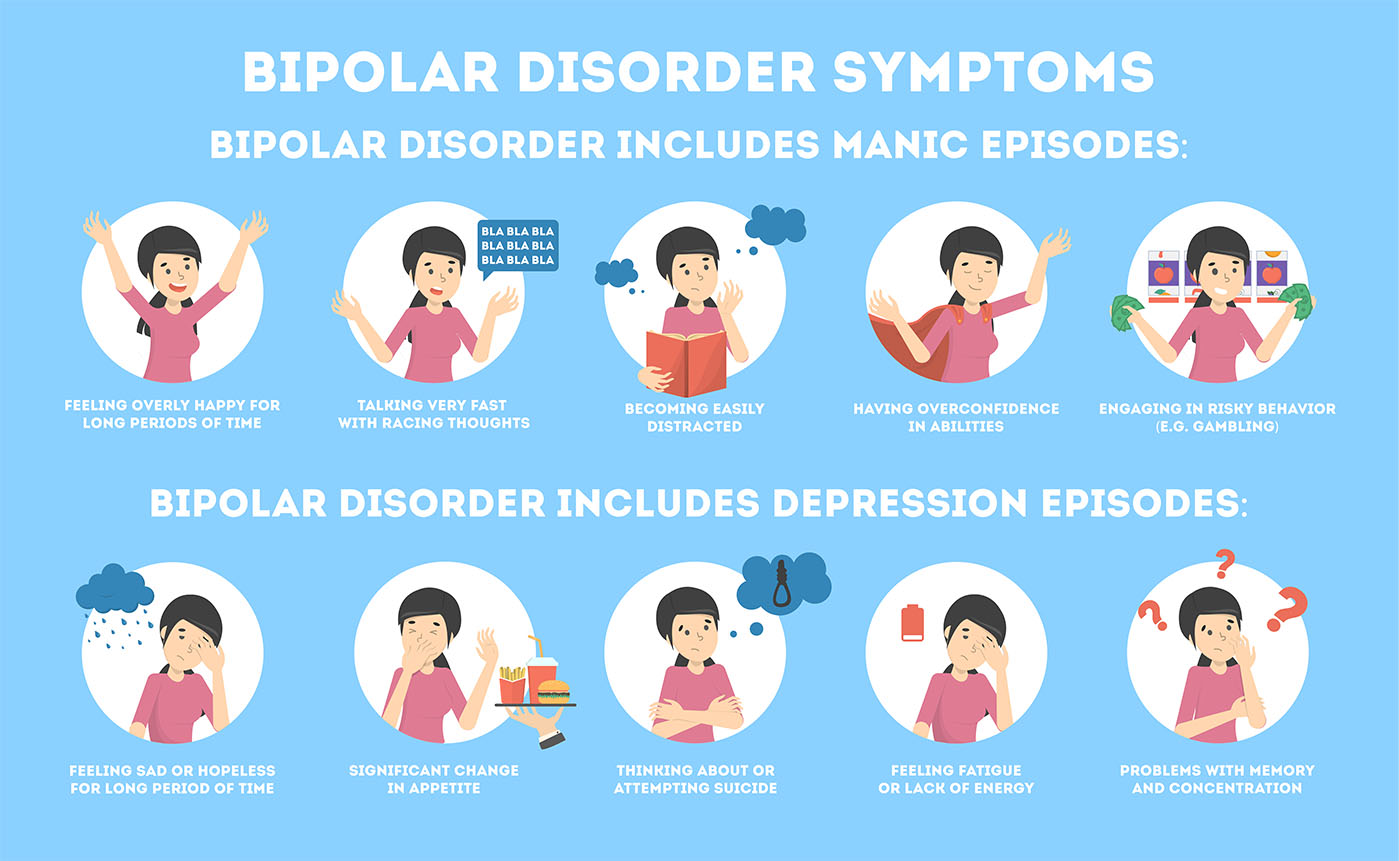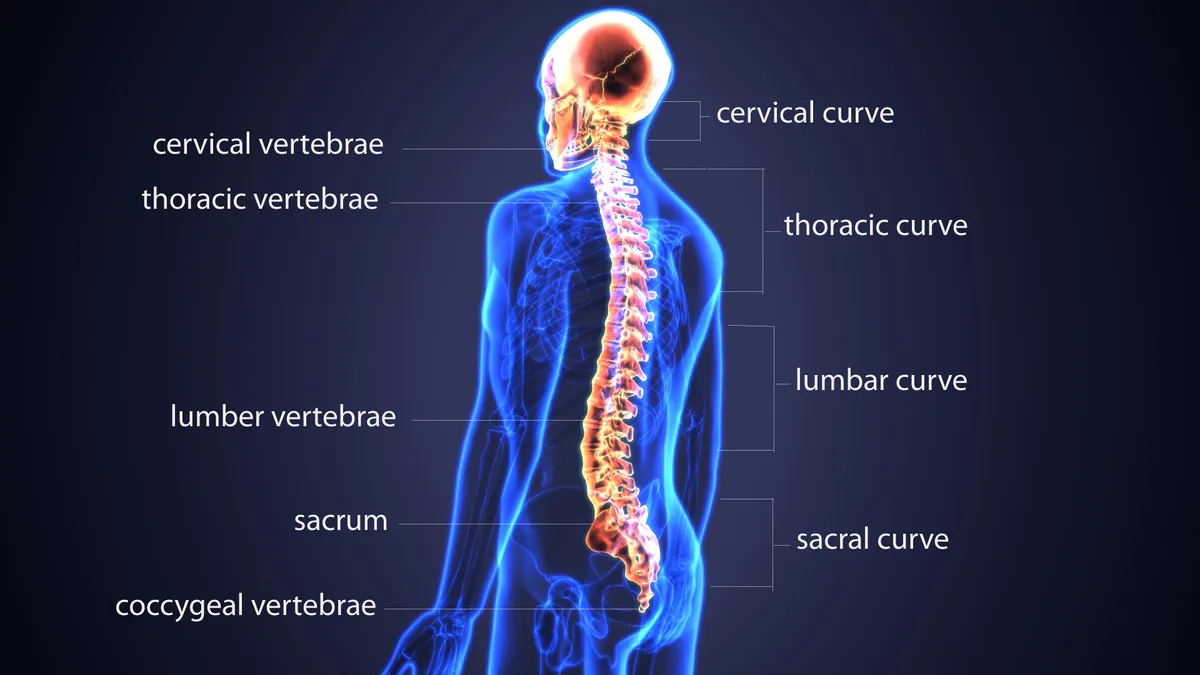Concerning persistent kidney disease-
Your kidneys are harmed and not functioning properly if you have chronic kidney disease (CKD or chronic kidney disease). Your kidneys function as a filter in your body, removing excess water, poisons, levels of kidney failure and waste from your blood treatment for stage 2 kidney disease.They also support the health of red blood cells and bones, among other things kidney disease stages.Waste accumulates in your blood when your kidneys begin to fail because they are unable to filter out waste and decreased kidney function.
Your kidneys carry out a variety of vital tasks. They do this, among other things, by keeping your entire body in balance:
- Eliminating too much water and natural waste from your body
- It aids in the production of red blood cells.
- Maintaining proper mineral balance in your body
- Aids with blood pressure maintenance
- Maintain strong bones
A condition known as chronic kidney disease (CKD) occurs when the kidneys are unable to carry out all of their vital functions due to damage that has developed over time (at least three months). In addition, CKD raises the risk of other illnesses like heart disease and stroke. Chronic kidney disease (CKD) typically develops extremely slowly and with little symptoms.
How do the kidneys function?
You are endowed with two kidneys. These are bean-shaped organs that are situated slightly below your ribcage on either side of your spine and towards your back. Your fist is around the size of each kidney.
While your kidneys perform a variety of tasks, their primary duty is to filter toxins, waste, and extra water from your blood through urine. In addition, your kidneys manufacture red blood cells, maintain strong bones, and regulate the levels of minerals and electrolytes (including potassium and salt) in your body. They also generate hormones that regulate blood pressure. Waste products can accumulate in your blood and cause you to feel ill if your kidneys are damaged and not functioning properly.
How does one feel when there is a kidney problem?
Chronic kidney disease has five stages. The ability of your kidneys to remove waste from your blood determines which stage you are in. Your current stage of CKD is determined by blood and urine testing treatment for stage 2 kidney disease.
There are five grades: grade (1), which is very minor, and grade (5), which is renal failure. A waste product called creatinine is detected in your blood, and its amount determines your GFR kidney disease stages and decreased kidney function.
Stage 1: You have minor renal disease, but your kidneys are still functioning normally.
Stage 2: Although you have more indicators of minor renal impairment, your kidneys are functioning normally.
Stage 3a: Your kidneys exhibit mild to severe impairment and are not functioning as well as they could. The most typical stage is this one. At this point, you can start to exhibit symptoms.
Stage 3b: Your kidneys are not functioning as effectively as they should and are exhibiting minor damage. Many people can remain at this stage and never get to stage 4 with the correct care.
Stage 4: Your kidneys are nearly nonfunctional due to significant damage, and you have extremely low renal function.
Stage 5: Your kidneys have failed or are in danger of failing. You might require kidney dialysis or a kidney transplant at this point.
How does one feel when there is a kidney problem?
Kidney illness typically shows no symptoms at all, especially in the early stages. Your hands and feet swelling, itchy skin, decreased kidney function or increased frequency of urination may be the first indications that something is missing after you start experiencing symptoms. It is best to call your healthcare practitioner if you suspect a problem because symptoms might differ for levels of kidney failure.
Reasons-
Most often, other illnesses that put stress on the kidneys are the cause of chronic renal disease. It frequently arises from a confluence of various issues with kidney disease stages.
CKD may result from:
- High blood pressure: this can eventually cause the kidneys’ tiny blood capillaries to become strained and cease to function correctly during renal failure stages.
- Diabetes: An excess of glucose in the blood might harm the kidneys’ microscopic filters.
- Elevated cholesterol: this can lead to the accumulation of fatty deposits in the blood arteries that supply the kidneys, which can impair their ability to function effectively renal infection.
- kidney inflammation : glomerulonephritis.
- Autosomal dominant polycystic kidney disease – a genetic disorder where kidney growths known as cysts appear.
- Obstructions in the urine’s flow, such as enlarged prostates or recurring kidney stones.
- long-term, consistent use of some medications, such as non-steroidal anti-inflammatory drugs (NSAIDs) and lithium.
Making healthy lifestyle choices and ensuring that any underlying medical issues are adequately managed will help prevent chronic kidney disease (CKD).
Symptoms and indicators-
If kidney damage advances slowly, signs and symptoms of chronic renal disease appear gradually in treatment for stage 2 kidney disease with decreased kidney function. Electrolyte imbalances, bodily waste accumulation, levels of kidney failure and fluid accumulation can all result from renal failure. Depending on how severe it is, kidney function loss might result in:
- Emesis
- Throwing up
- Appetite decline
- Weakness and exhaustion
- Issues with sleep
- Mostly urinating
- Diminished mental clarity
- Cramping in the muscles
- Swelling in the ankles and feet
- Itchy, dry skin
- Hard-to-control hypertension, or elevated blood pressure
- Breathlessness if a buildup of fluid occurs in the lungs
- Chest pain if fluid accumulates around the heart’s lining
Kidney disease symptoms and signs are frequently ambiguous with decreased kidney function. This implies that other illnesses may possibly be the cause of their treatment for stage 2 kidney disease. Your kidneys can replenish the function that has been lost, so you might not experience any symptoms until the damage is irreparable kidney disease stages with levels of kidney failure.
Examinations for Chronic Kidney Disease-
Tests on the urine and blood can be used to diagnose CKD. These tests search for elevated concentrations of specific compounds in your blood or urine, which may indicate a malfunctioning kidney level of kidney failure.
Regular testing for kidney disease (CKD) may be recommended if you have a high chance of getting the condition (e.g., high blood pressure, diabetes, or other known risk factors). This will allow for early detection of the disease renal failure stages.
To ascertain the stage of your kidney disease, the results of your blood and urine tests might be consulted. With a higher score denoting more severe CKD, this figure represents the extent of your kidney impairment.
Get to know the diagnosis process for CKD.
Factors at risk-
The following are some factors that may raise the risk of chronic kidney disease:
- Diabetes
- Elevated blood pressure
- Cardiovascular (heart) disorders
- Consuming tobacco
- Being overweight
- Being Asian American, Native American, or Black
- Kidney illness in the family history
- Atypical kidney anatomy
- Age
- regular usage of medications that can harm the kidneys
What side effects might chronic renal disease cause?
The following are a few consequences of chronic renal disease:
- Anemia is a low red blood cell count.
- Fragile and feeble bones.
- Gout.
- Acidosis metabolism. This is an acid-base imbalance (a chemical imbalance) in your blood brought on by decreased renal function.
- elevated blood pressure.
- Heart and blood vessel conditions, which are associated with a higher risk of heart attack and stroke.
- harm to nerves.
- Hyperkalemia, or excessive potassium, impairs the healthy function of your heart.
Handling and Medical Care-
Although CKD cannot be cured, therapy can help manage symptoms and prevent the condition from getting worse kidney disease stages treatment for stage 2 kidney disease.
The severity of your ailment will determine how you are treated.
The primary therapies are:
- Adjusting your lifestyle to help you maintain your best level of health.
- Medications to manage associated issues including elevated blood pressure and cholesterol.
- Dialysis is a treatment that mimics certain kidney functions; advanced chronic renal disease may require this.
- kidney transplant: even in cases of advanced chronic kidney disease.
It will also be suggested that you get regular examinations to keep an eye on your health.
Find out more about managing your CKD and receiving treatment.
Medications for renal illness-
One or more drugs may be administered to you, depending on the underlying cause of your kidney illness. Your nephrologist may prescribe the following medications:
- To reduce blood pressure, use an angiotensin receptor blocker (ARB) or an angiotensin-converting enzyme (ACE) inhibitor.
- If your kidneys are unable to eliminate phosphate, use a phosphate binder.
- An aid to the body’s diuretics in getting rid of extra fluid.
- Medicines that reduce cholesterol.
- If you are anemic, use erythropoietin to produce red blood cells.
- Calcium and vitamin D to stop the loss of bone.
Kidney dialysis: what is it?
When your kidneys can no longer eliminate waste from your body, a process known as dialysis employs machines to take over. Two primary forms of dialysis exist treatment for stage 2 kidney disease:
Hemodialysis: Hemodialysis involves passing your blood through a machine that filters out waste materials, extra water, and extra salt. Your body then receives the blood again as a side effect of chronic kidney disease. Three times a week, hemodialysis patients need to receive four hours of care during renal failure stages.
Peritoneal dialysis: A catheter is used to insert the dialysis fluid directly into the abdomen during peritoneal dialysis. The solution removes the waste after absorbing it. To carry out the cleaning procedure, more solutions are added. There are two kinds of peritoneal dialysis: continuous cyclic peritoneal dialysis (CCPD) and continuous ambulatory peritoneal dialysis (CAPD), which alternates the dialysis solution four times daily renal failure stages.
Complicacy-
Nearly every aspect of your body can be impacted by chronic renal disease. Complications that could arise include:
- Fluid retention can result in elevated blood pressure, edema in the arms and legs, or fluid accumulation in the lungs.
- Low blood count.
- heart conditions.
- A higher risk of bone fractures and weak bones.
- Reduced libido, erectile dysfunction, or lower fertility.
- harm to the central nervous system, which may result in seizures, trouble focusing, or personality changes.
- A weakened immune system that increases susceptibility to infection.
- Inflammation of the membrane that encircles your heart, called the pericardium, is known as pericarditis.
- problems during pregnancy that pose a risk to the developing fetus and the mother.
- End-stage renal disease characterized by irreversible kidney deterioration that eventually requires dialysis or a kidney transplant to survive.
Prevention-
End-stage renal disease characterized by irreversible kidney deterioration that eventually requires dialysis or a kidney transplant to survive.
In order to lower your chance of renal disease:
- When taking over-the-counter medication : adhere to the directions. When using over-the-counter pain medicines like aspirin, ibuprofen (Advil, Motrin IB, and others),renal failure stages and acetaminophen (Tylenol, among others), Kidney damage may result from long-term overuse of opioids.
- Sustain a healthy weight : If your weight is within a healthy range, keep it there by exercising most days of the week. Speak with your doctor about healthy weight loss techniques if you need to reduce weight side effects of chronic kidney disease.
- Avoid smoking: Smoking cigarettes can harm your kidneys and exacerbate pre-existing renal problems. If you smoke, discuss quitting techniques with your physician. You can get help quitting with medicine, counseling, and support groups.
- Take control of your medical issues : With your doctor’s assistance, Consult your doctor to get any diseases or conditions that raise your risk of renal disease under control. Inquire with your physician about screenings for kidney disease indicators.



